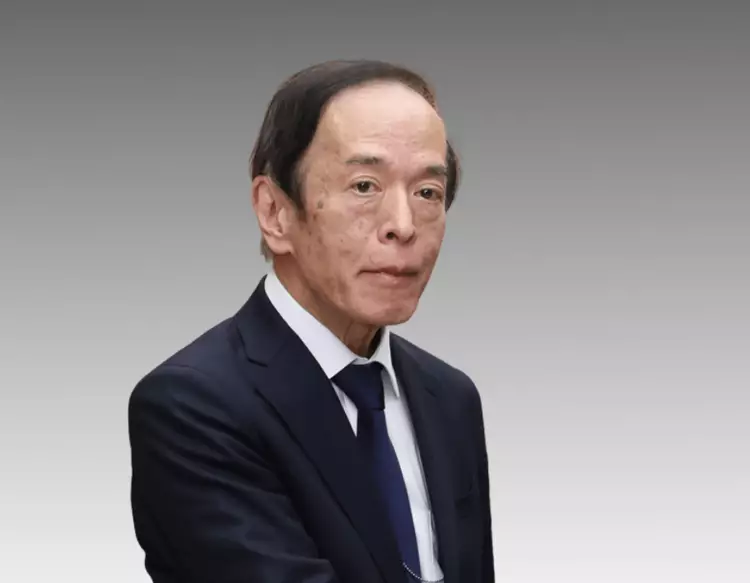The economic environment in Japan presents a complex challenge, particularly for the Bank of Japan (BoJ) under the leadership of Governor Kazuo Ueda. Unlike many central banks worldwide that are recalibrating their strategies to combat post-pandemic inflation, Japan finds itself in an entirely different scenario—one characterized by historical stagnation and a struggle to foster inflation expectations.
Japan’s economic narrative has been defined by years of responding to persistent deflationary pressures. This contrasts starkly with the rapid inflationary trends witnessed in other advanced economies. The BoJ has implemented an ultra-loose monetary policy, hoping to spur growth by encouraging borrowing and spending, yet inflation has remained stubbornly below the targeted 2%. The unfamiliarity of such a low-inflation environment makes it challenging for citizens and businesses alike to adapt their expectations regarding price stability.
Governor Ueda pointed out the effects of labor shortages, which have led to gradual increases in wages. Higher wages are a critical factor in increasing consumer spending—the lifeblood of economic growth. However, the boosting of wages alone does not guarantee an immediate or substantial rise in inflation expectations. It requires a shift in consumer sentiment, an element that is currently elusive. Moreover, the gradual rise in underlying inflation does not provide enough momentum to convince the public that sustainable price increases are on the horizon.
One of the most pressing issues the BoJ faces is the potential backlash of maintaining a prolonged low-interest-rate environment. Ueda warns against the risk of fostering speculative behavior in financial markets, driven by the expectation that rates will remain low indefinitely. This underscores an inherent tension: the necessity of cautiously managing both current economic growth and future financial stability. Implementing significant rate hikes could prove to be a double-edged sword—while necessary to combat speculation, it could stifle the budding economic recovery.
Japan operates in a global economic framework, making it vital for the BoJ to monitor simultaneous monetary policy shifts in major economies like the US and Europe. The interconnectedness of global markets means that decisions made abroad can reverberate back home, impacting everything from currency valuation to trade balances. This adds an additional layer of complexity to the BoJ’s decision-making process as it attempts to forge a path towards sustainable inflation while also safeguarding against external economic shocks.
The journey towards significant inflation in Japan is fraught with challenges. The BoJ’s commitment to maintaining an accommodative monetary policy is crucial for stimulating economic activity. However, the persistent uncertainty and complex economic dynamics necessitate a careful and strategic approach. As the BoJ navigates these turbulent waters, the balancing act between encouraging growth and managing speculation will be pivotal in determining Japan’s economic future. The potential for sustainable inflation remains on the horizon, but the BoJ must tread cautiously to avoid missteps that could derail this fragile recovery.

